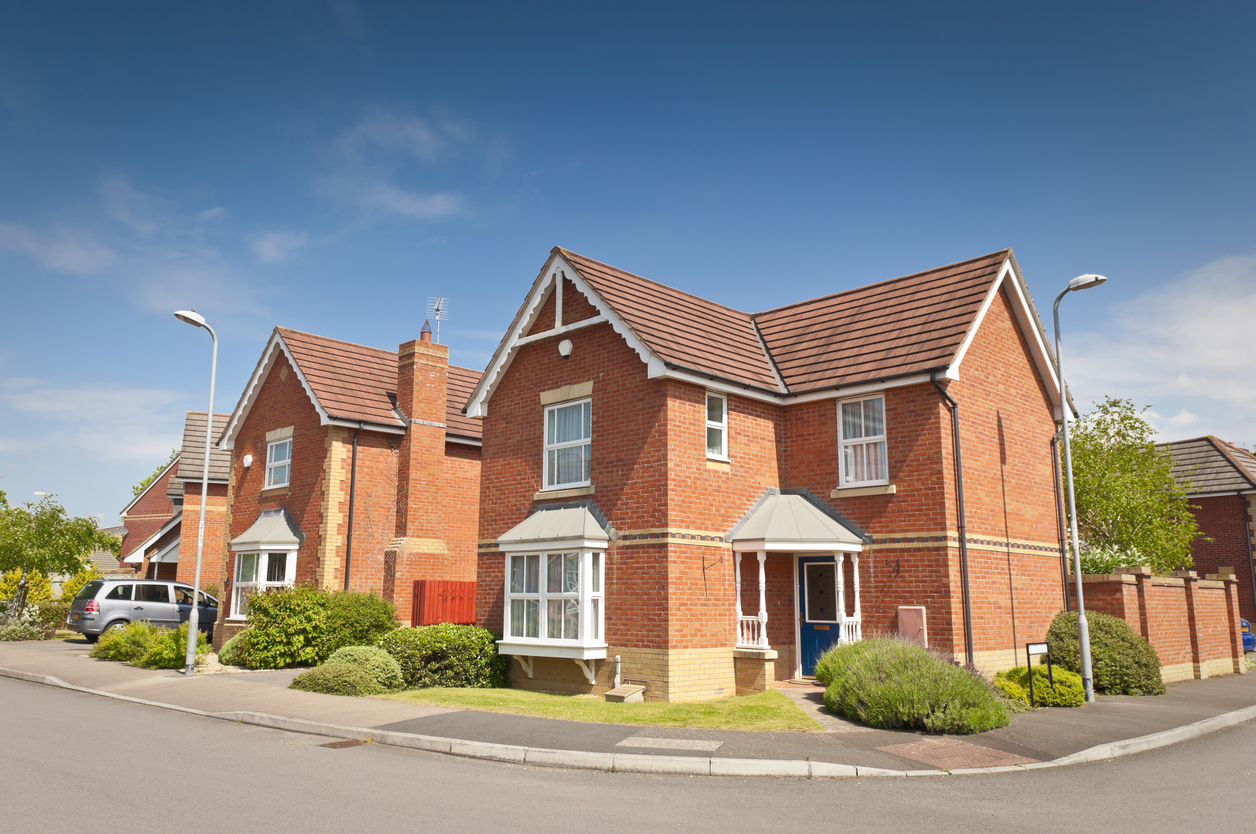What is the difference between HELOC and Home Equity Loans?

There are two types of secured loans that you can take out secured against your home. Home Equity or HELOC loans.
Here, we look at the benefits of both options.
What Is Home Equity?
Home equity is the difference between the value of your home less any mortgages secured against the property.
For example, if you have a property worth £400,000 and a mortgage of £200,000, then the equity in your home is £200,000.
Remember, the amount of equity in your home can change:
-
Property tends to increase in value over time, meaning that the equity in your home increases.
-
When you carry out home renovations, most improvements add value, increasing your property's equity.
-
Your mortgage balance decreases. If you have a repayment-type mortgage, you are reducing the amount you owe on your mortgage each month, therefore increasing the equity in your home.
The equity you build in your property allows you to borrow against it.

Loan Vs Line Of Credit
There are two types of secured loans that you can take out using the equity in your home.
The first, often called a secured loan, second mortgage, second charge, or homeowner loan, is a loan where you apply for a specific loan size and receive the entire loan amount upon completion.
The second is a Home Equity Line Of Credit (HELOC), where the lender agrees to lend you a sum of money that you can draw down over time as and when you require it.
A HELOC loan works very well in certain circumstances, including:
-
Borrowing money to pay school fees. There are usually three terms in a school year. If the fees were £10,000 per term, the cost would be £30,000 for a year and £ 90,000 for three years. With a HELOC loan, the lender would agree to a loan of £90,000, but you would only have to draw down £10,000 at the beginning of each term. This works very well, as you only pay the interest on the amount you have drawn. Paying for education is one of the main reasons people take out HELOC loans.
-
When carrying out a building project. Depending on the project's size, it could take one to two years to complete. While the total project may cost £200,000, you may only need to draw on £50,000 to start the work. Once the £50,000 has been spent, a further amount can be drawn to complete the next part of the project. Again, the benefit is that you only pay interest on the amount drawn at any time.
The above scenarios highlight the benefits of a HELOC loan.
What Are The Requirements For A Home Equity Loan?
Any lender will examine three main areas when deciding whether to agree to a second mortgage:
-
Your credit history. This will involve a credit search with one of the main UK credit reference agencies - Equifax, Experian, or TransUnion. The applicant's credit score will often determine whether the lender is prepared to lend and at what interest rate. The higher the credit score, the lower the interest rate. Anyone uncertain about their credit score can apply online to any credit reference agencies to get a copy of their credit file. Obtaining a copy of your credit report will not affect your credit score.
- The equity in your property. Every lender will assess your property's equity by completing an online automated valuation or by getting an internal valuation. The valuation figure will determine how much you can borrow and at what interest rate.
- Can you repay the loan? This is the most essential factor. The lender will carry out a detailed income and expenditure exercise to ensure you can meet the monthly repayment. You should also thoroughly examine your finances to ensure you can easily meet the monthly repayments. With the lender taking a mortgage on your property, you must make all payments, as you could lose your home.
When determining whether you can afford the loan, they may consider your debt-to-income ratio, which indicates how much you are borrowing against your income.
What Is The Requirement For A HELOC?
The requirements for a HELOC loan are the same as those for a traditional secured loan.
A HELOC lender will underwrite the application, assuming that you will draw down the full amount applied for.
What Are The Pros And Cons?
A big benefit of the HELOC loan is that you only pay interest on the amount you have drawn. We’ve highlighted a couple of scenarios where this works particularly well.
Having said that, if you’re looking to borrow to buy a campervan or car, you need the full amount on day one and would likely consider a traditional secured loan. There are many more lenders offering secured loans, rather than HELOC loans, so it might be that you can get a better interest rate if you shop around with the traditional lenders.
Picking The Right Loan For You
The right loan for you will depend on what you are using the loan for.
If it’s an outright purchase and you require all the funds immediately, then a traditional secured loan may be the better option, as you have many lenders to approach to see who can offer you the lowest interest rate.
If, however, you only need part of the loan on day one and can draw on amounts as and when you need them, then a HELOC loan could be the best option.
To establish the best option, you should approach a professional, qualified mortgage broker who can give you the independent advice you need.
The broker will consider things like whether you need the money in a lump sum, prefer a fixed loan or variable-rate loan, whether consolidating debt is worth considering, whether your current mortgage lender consents to a second charge, your borrowing history, etc.
Contact our expert team today for more independent advice about HELOC loans and secured loans.
